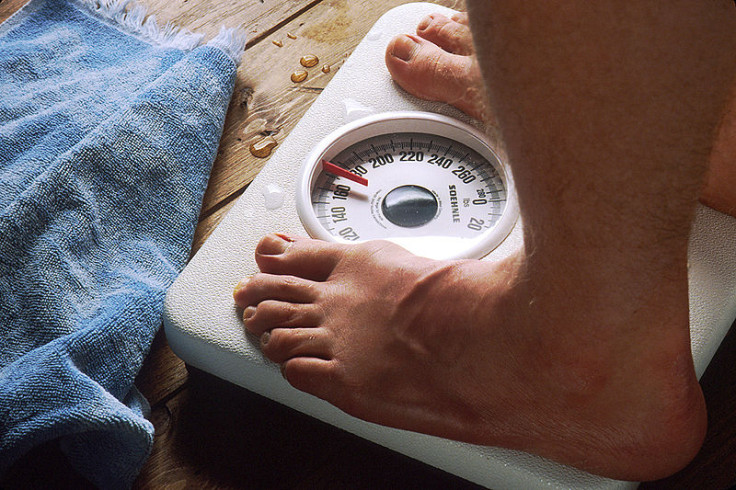Male Eating Disorders on the Rise as Men Delay Help For 'Women's Illness'

Men are being failed by gender stereotypes about eating disorders as they are failing to seek help for what is being perceived as a "woman's illness".
A UK study in BMJ Open has suggested men are underdiagnosed and undertreated for various eating disorders, including anorexia and bulimia nervosa.
Researchers from the University of Oxford and the University of Glasgow interviewed 39 young people aged 16 to 25, including 10 men, about their experiences of diagnosis, treatment and support for eating disorders.
As the pressure to have the "ideal" body image is increasing, the number of male patients is also on the rise.
Yet the idea that an eating disorder is a female problem is such an ingrained gender stereotype. Even men are unaware of the symptoms, despite not eating for days, purging or indulging in obsessive calorie counting.
Researchers say men with eating disorders were being "underdiagnosed, undertreated and underresearched".
Dr Ulla Raisanen, from the University of Cambridge and Dr Kate Hunt, of the University of Glasgow, explained: "Our findings suggest that men may experience particular problems in recognising that they may have an eating disorder as a result of the continuing cultural construction of eating disorders as uniquely or predominantly a female problem."
In the study, several men said they had to wait for a long time for specialist referral and had sometimes been misdiagnosed.
One man said he thought eating disorders only affected "fragile teenage girls", while another believed they were "something girls got". One man was told by his doctor to "man up".
Dr Raisanen added that men themselves needed to "speak up to somebody and contact a health professional to tell them what is going on", while health and education professionals had a key role in improving awareness and challenging misconceptions.
Leanne Thorndyke, of the Beat eating disorders charity, told BBC News: "The pressures on body weight and body image are affecting a much wider range of people, which obviously includes men. There is more pressure on men from magazines with celebrities and male models to have the 'ideal' body image."
She added: "Boys and men tend to want to be bigger and more muscular and toned, which is a different ideal to women."
Yet previous research by the American Psychological Association has revealed that 25% of men with a normal weight think they are underweight.
A man known as Eric, from Texas, who is now in his 20s and 5ft 8ins tall, weighs just 105 pounds after suffering from an eating disorder since primary school. His mother, Mary, told ABC News: "As he got older he became more restrictive and selective in the way he would eat. He ended up with only two or three things he would eat and he suppressed his hunger pains so much, he didn't want to even come to dinner."
© Copyright IBTimes 2025. All rights reserved.






















